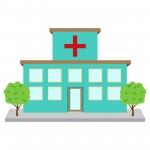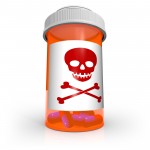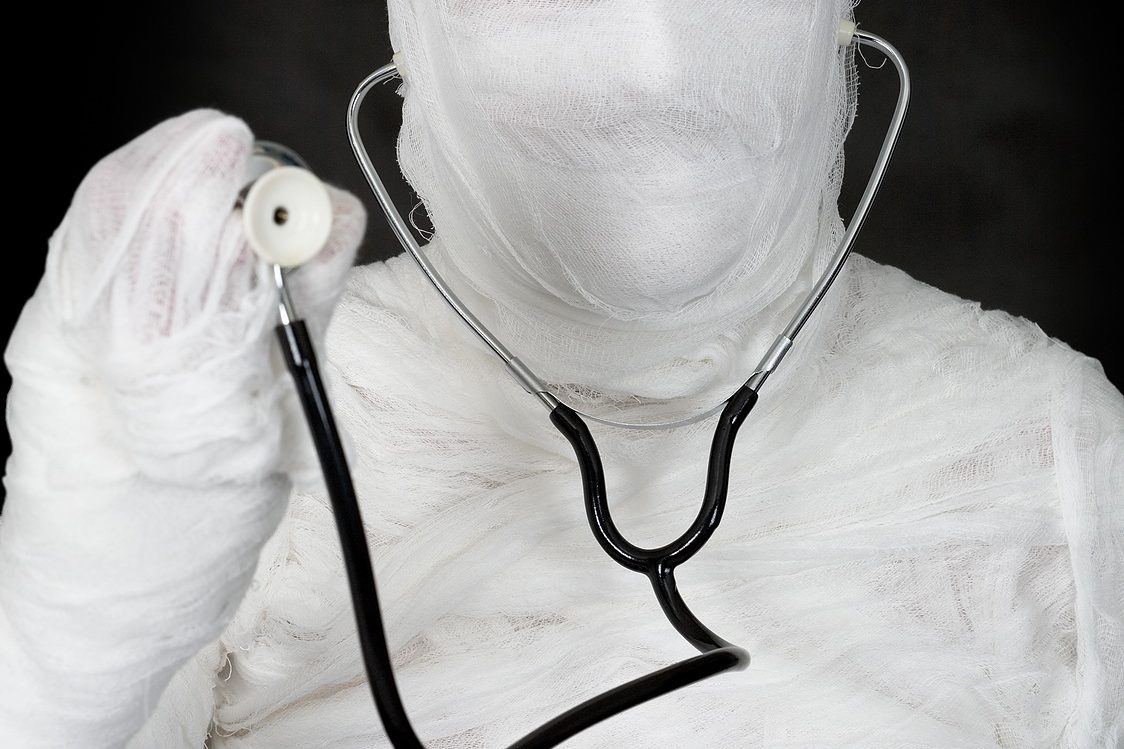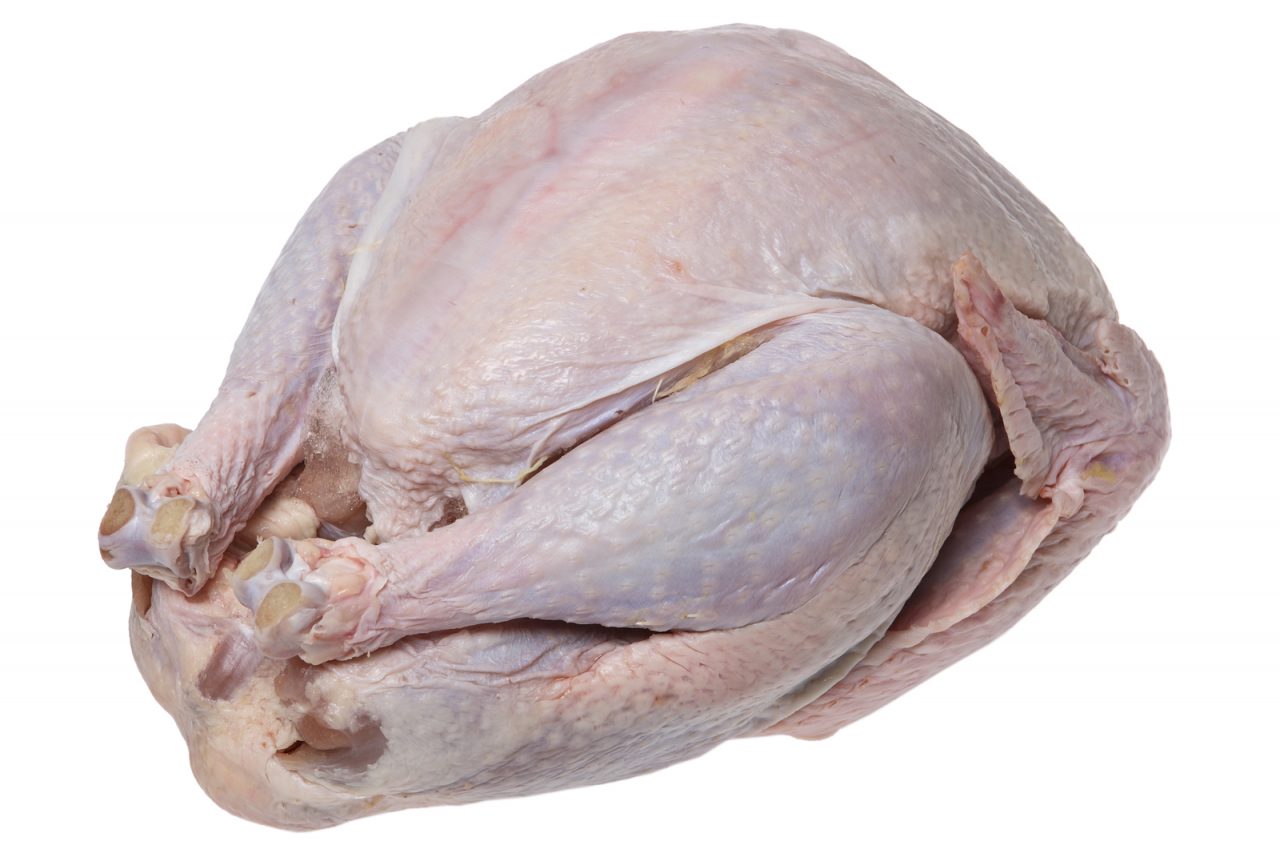After the Second World War, there was a massive expansion of veteran’s groups in this Country. The American Legion, Order of the Purple Heart, Pearl Harbor Survivor’s Association and, of course, the Veterans of Foreign Wars (VFW), flourished as millions returned from the battlefield. These men and women shared an intense, often terrible experience and came together in solidarity. Today, I attended a gathering of a similar group, the survivors of another war. It may have been a fundraiser for the American Cancer Society (ACS), but the men and women there were clearly VCW; Veterans of Cancer Wars.
The survivors of military conflicts, be it the Civil War, the World Wars, Vietnam or the Gulf, were drawn to veteran’s groups because of a need for support and companionship from those who understand because of mutual experience. These organizations are part of healing, part of the process of re-entering “civil” society and these organizations are invaluable.
However, we would be remiss if we fail to note that these groups give as much as they take and make significant contributions to society. Through community service, teaching, organization and because of the maturity of their members, they have transformed post-war eras and are invaluable to the fabric of nations. In addition, critically, veteran groups tell us in words or actions that war is horror and perhaps their loudest message is, “no more.”
It occurs to me that VCW, Veterans of Cancer Wars, gain similar support from cancer communities. Groups such as the ACS, The Cancer Support Community, CancerCare and Cancer Sucks!, provide a place of safety and support for survivors of the dread disease as they try to re-enter “civil” society, find themselves again, and cope with an unknown future. These are powerful healing organizations.
In addition, VCWs and their members give back a tremendous amount and, like military survivor groups, transform their communities. They force a focus on research and quality care, constantly driving toward a cure. They remind us of the suffering of our neighbors and of the need to practice mercy. They sit on the boards of countless companies and philanthropies and push nations to be more compassionate in tune with those less fortunate and those who suffer. They make every city, state and country more balanced and humane.
On this fall day, as leaves crunch dry under feet, a cool breeze chills the neck and we rush through the irreplaceable hours, focused on the next meeting, the next goal, the next day, VCWs give their greatest gift. They remind us that life is miraculous and precious. By their passion for living, they warn us that our existence is infinitely frail. Their struggle, laughter and tears teach us that tomorrow is a myth. Today, with all its flaws, is still beautiful, and is all we have. We must hold onto this moment, we must treasure this dawn and we must love always. It is wisdom that cancer survivors have learned through great sacrifice, and we must be thankful they bless us with that knowledge and not squander their suffering by neglecting the wonder of now.







10 Comments